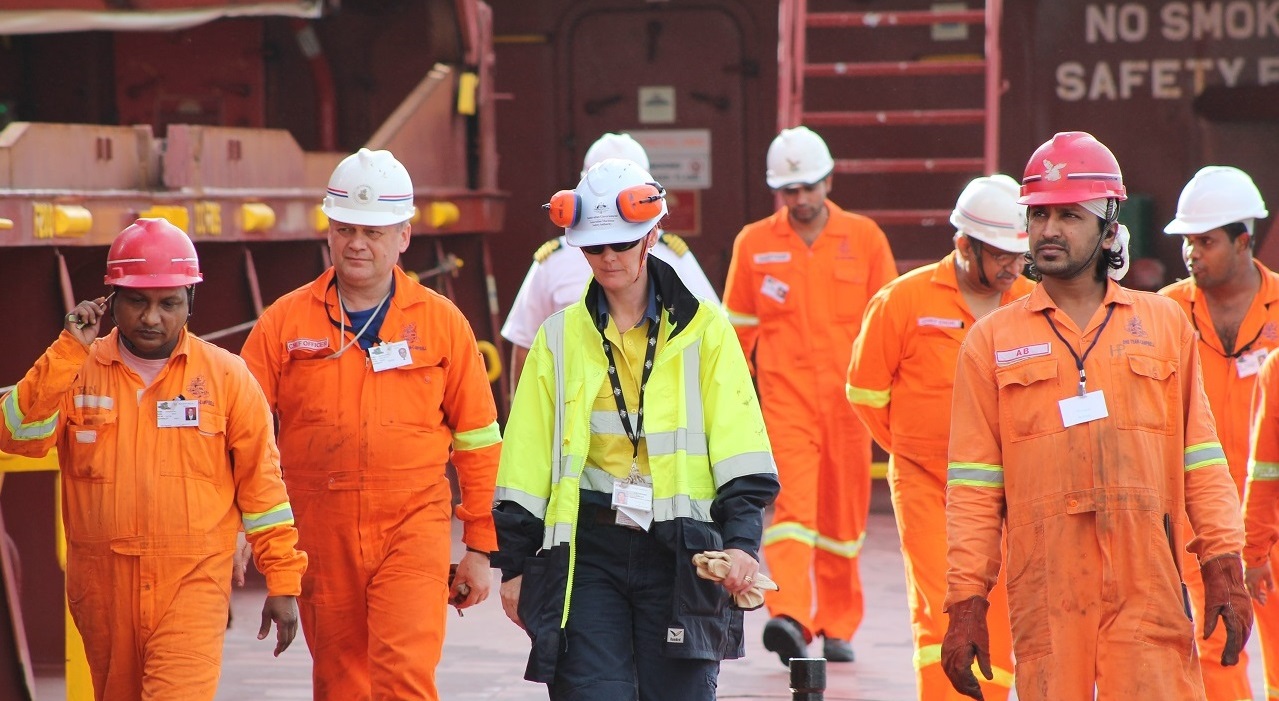
Australia is an influential maritime leader
We strive to improve safety, security, and environmental performance for the global shipping industry.
Australian experts contribute to every committee and subcommittee meeting, supporting the maritime community to improve standards for commercial shipping and achieve fair outcomes for member states, seafarers and the shipping industry.
With 99% of commodities entering and leaving Australia by sea, we are committed to fostering a sustainable, equitable and ethical global maritime industry.
Australia is an island nation with 60,000 kilometres of coastline
- Our coastline links the Pacific, Indian and Southern Oceans, and stretches to the Australian Antarctic territories.
- We have over 8,000 islands and the third-largest Exclusive Economic Zone (EEZ).
- More than 1.5 billion tonnes of cargo are exported from Australia each year.
Australia is ambitious on environmental protection
- As a proud member of the High Ambition Coalition to End Plastic Pollution by 2040, Australia is committed to achieving this target and supporting global action to address shipping’s contribution.
- Australia supports the decarbonisation of shipping. We commit to 2050 net-zero emission targets. We reaffirm this commitment through our national emissions reduction targets. We support the IMO adopting technical and economic mid-term measures and the review of the short-term measure. We aim to meet the net zero ambitions of the IMO 2023 Strategy on Reduction of Greenhouse Gas (GHG) Emissions from Shipping.
- Australia protected the iconic Great Barrier Reef by successfully seeking its designation as the first IMO designated Particularly Sensitive Sea Area (PSSA) in 1990. We extended that protection to include the Torres Strait in 2005 and the ecologically important Coral Sea in 2015.
- Australia protects the marine environment by negotiating and enforcing strong international standards for global shipping.
- We have comprehensive national arrangements to manage maritime environmental emergencies. We provide help to our Pacific Island neighbours through the Pacific Islands Marine Spill Contingency Plan (PACPLAN).
Australia’s maritime identity
- Australia is one of the world’s largest exporters of bulk commodities. We are home to Port Hedland, the world’s largest bulk export port. We also have major ports in Brisbane, Newcastle, Fremantle, Sydney, Melbourne, and Adelaide.
- More than 85% of Australians live by the sea. Our unique and diverse marine environments form part of our national identity. Our range covers Macquarie Island Marine Park in the Southern Ocean to the Great Barrier Reef, to the Torres Strait in the north and Ningaloo coast in the West.
- We have one of the fastest growing cruise markets globally - 1.25 million Australians took a cruise in 2023 .
- Home to some of the region’s most respected maritime training institutions, Australia offers seafarer education and conducts cutting-edge maritime research .
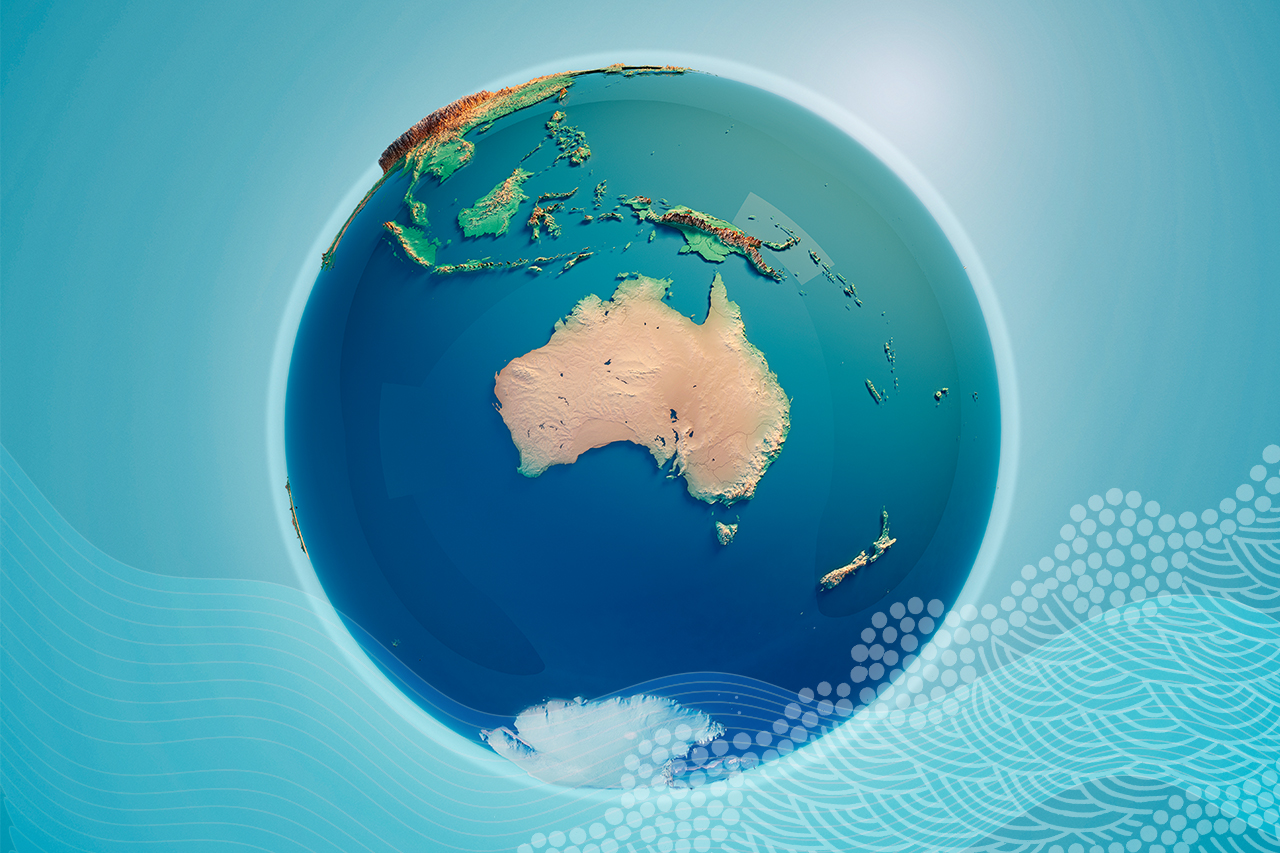
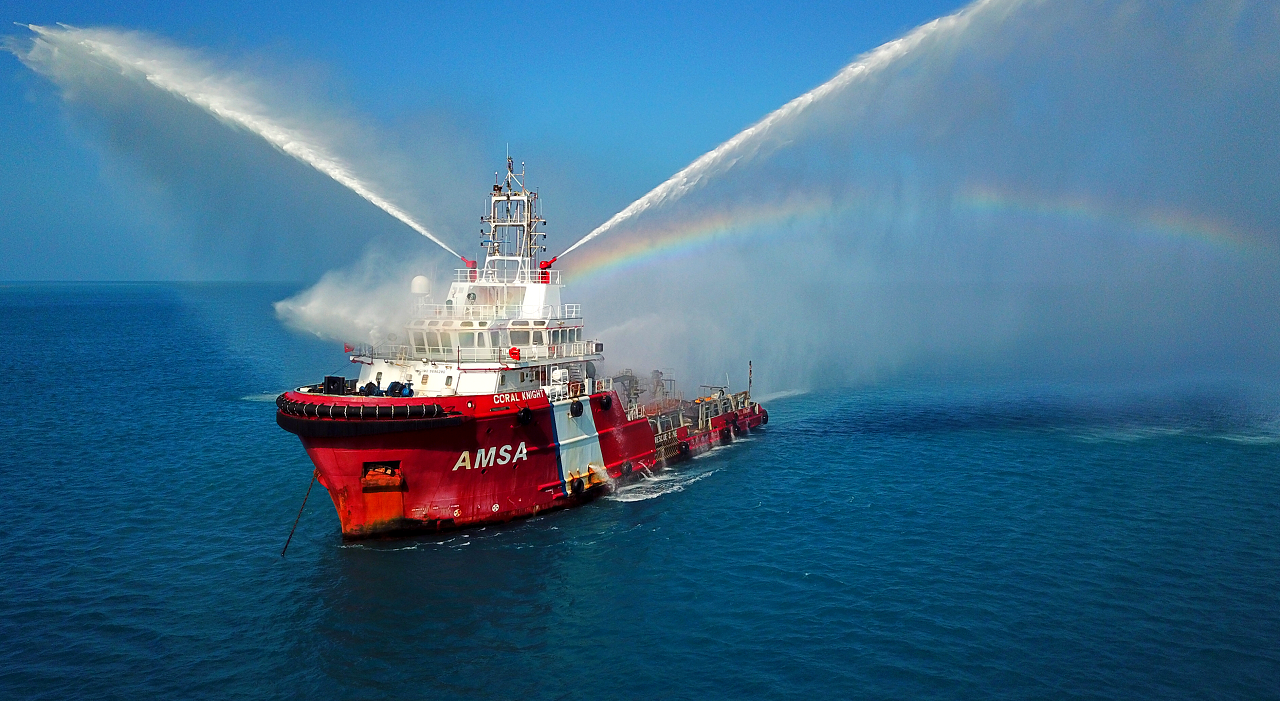
Australia’s maritime values
- As a committed maritime partner, Australia leads mature maritime cooperation programs and serves as the permanent Secretariat to the Asia-Pacific Heads of Maritime Safety Agencies (APHoMSA) forum.
- Committed to reform, Australia advocates for an International Maritime Organization that is innovative, inclusive, transparent, and effective.
- Dedicated to developing fair and effective shipping standards, Australia aims to ensure that all nations benefit from safe, efficient ships and a clean environment.
- Australia invests in alternative fuels for sustainable development and a cleaner future.
- Australia consults widely to ensure that Council decisions reflect the diverse priorities and needs of IMO members.
- Championing seafarer welfare, we maintain a world-class Search and Rescue capability and a risk-based port State control program to ensure the safety of ships visiting our ports. Additionally, we enforce internationally agreed labour conditions on all ships operating in Australian waters.
- Believing in the benefits of a high quality global maritime industry, we support the IMO’s Integrated Technical Cooperation Program as a donor and by contributing expertise.
Australia is a major maritime trading nation
- Among the world’s largest exporters of iron ore, and bauxite, Australia is also major exporter of grain, beef, dairy products, fruit, and vegetables, nuts, and wine.
- Australia promotes high cargo safety standards for the sustainability of bulk commodity trade. For example, we’ve worked on cargo liquefaction, dynamic separation and safe carriage of bulk liquid hydrogen.
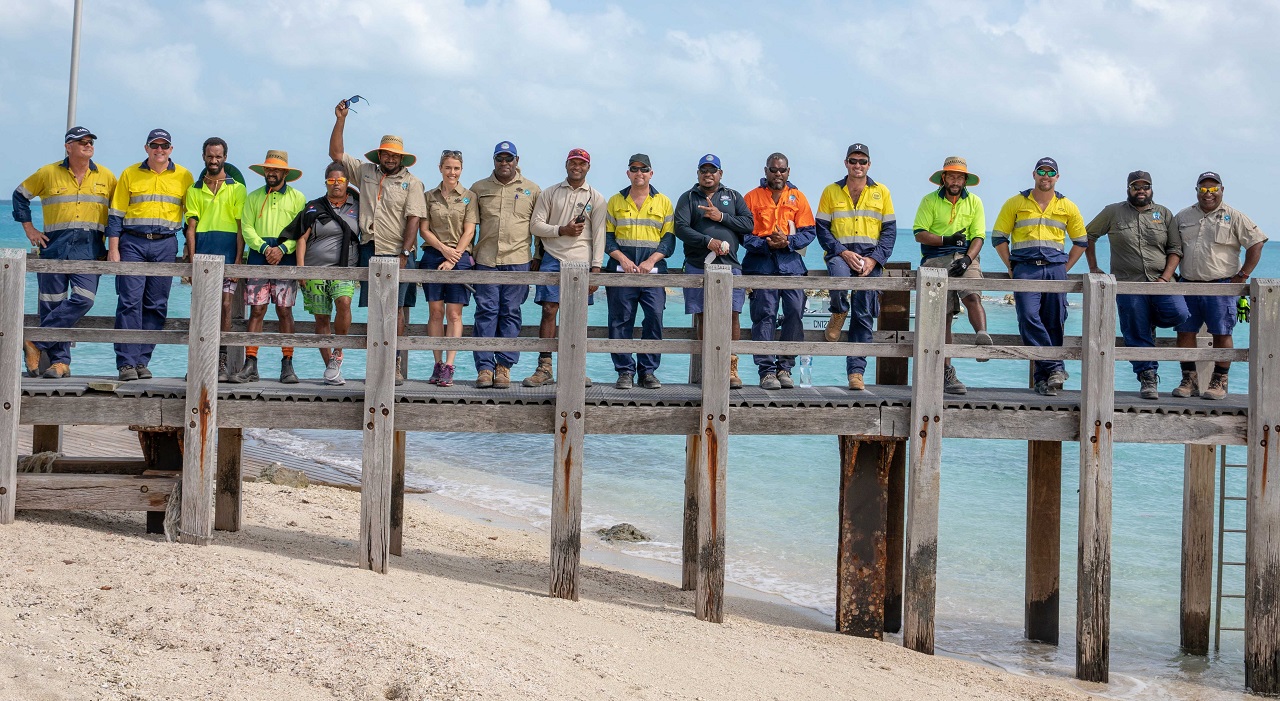
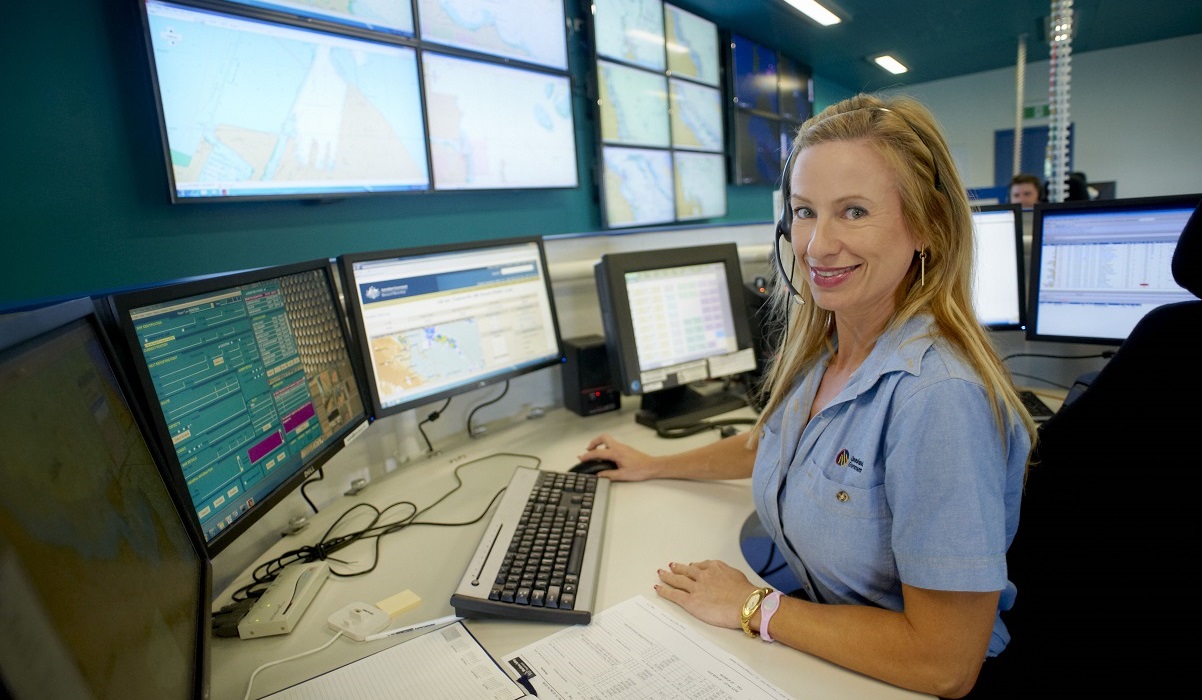
Ship safety and navigation
- Australia has a world-class, risk-based port State control inspection regime.
- We conduct nearly 3,000 port State control inspections each year.
- Australia’s vessel traffic service in the Great Barrier Reef and Torres Strait has stopped groundings in the area since 2004.
- We also provide a comprehensive network of 11,250 visual and electronic aids to navigation in Australia’s waters. This allows ships to navigate safely around Australia’s coastline and to and from our ports.
Australia has one of the largest shipping tasks in the world
- Australian ports export over 1.5 billion tonnes of cargo annually, making Australia one of the world’s largest commodities exporters.
- We are one of the world’s main exporters of iron ore and unwrought lead.
- We are also home to the largest bulk export port in the world.
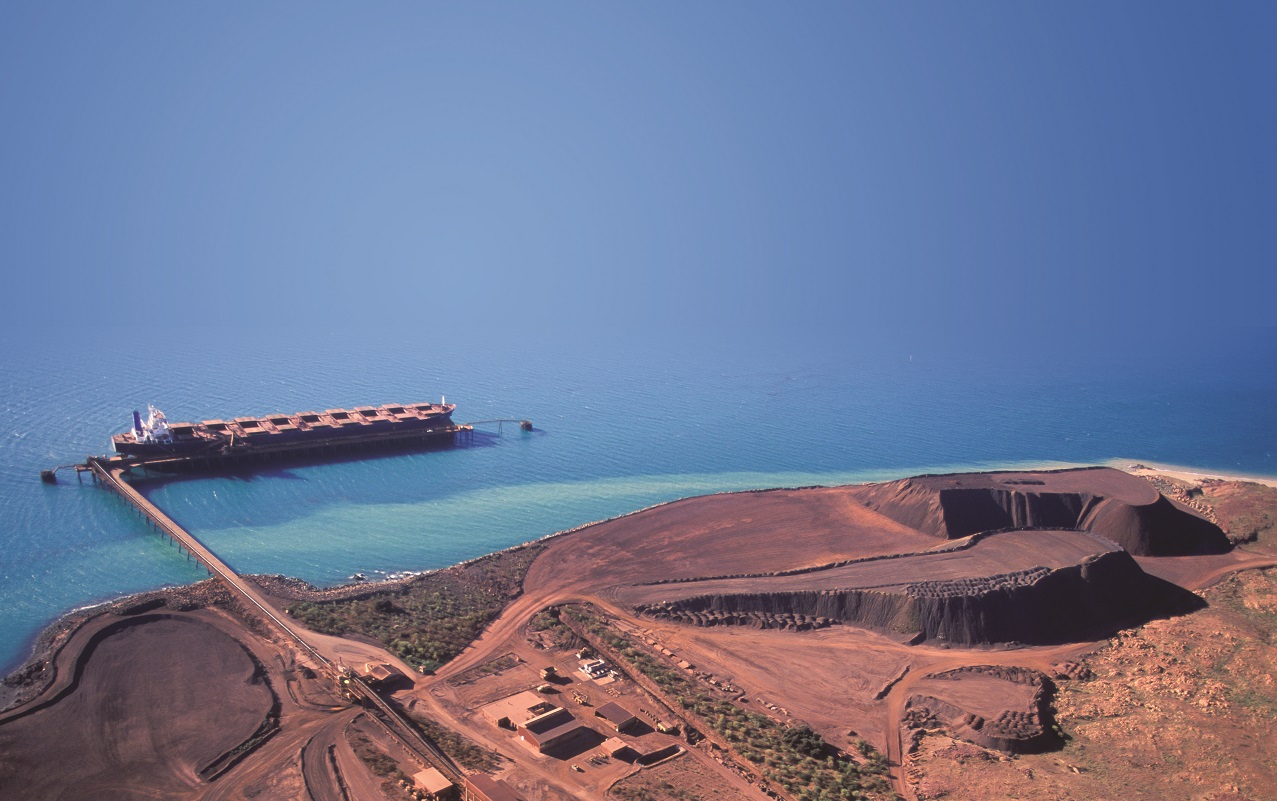
Australia advocates for gender equality in maritime
- We support our neighbours to achieve sustainable change and gender equality in the maritime industry.
- We fund scholarships for regional women to attend the World Maritime University. This provides opportunities for female maritime specialists to enhance their technical, professional and leadership skills.
We run a domestic scholarship program to encourage women to enter the maritime industry in Australia.